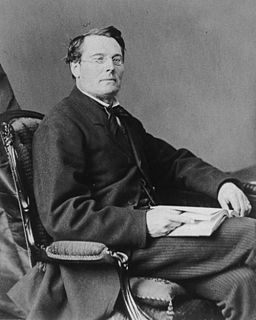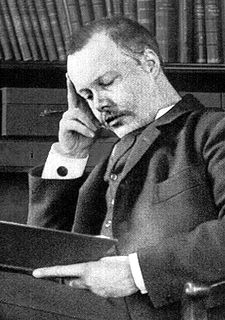A Quote by Edward Blake
Related Quotes
Our knowledge and our ability to handle our problems progress through the open conflict of ideas, through the tests of phenomenological adequacy, inner consistency, and practical-moral consequences. Reason may err, but it can be moral. If we must err, let it be on the side of our creativity, our freedom, our betterment.
And then the spirit brings hope, hope in the strictest Christian sense, hope which is hoping against hope. For an immediate hope exists in every person; it may be more powerfully alive in one person than in another; but in death every hope of this kind dies and turns into hopelessness. Into this night of hopelessness (it is death that we are describing) comes the life-giving spirit and brings hope, the hope of eternity. It is against hope, for there was no longer any hope for that merely natural hope; this hope is therefore a hope contrary to hope.
It seems to us that in intelligence there is a fundamental faculty, the alteration or the lack of which, is of the utmost importance for practical life. This faculty is judgment, otherwise called good sense, practical sense, initiative, the faculty of adapting one's self to circumstances. A person may be a moron or an imbecile if he is lacking in judgment; but with good judgment he can never be either. Indeed the rest of the intellectual faculties seem of little importance in comparison with judgment.

































